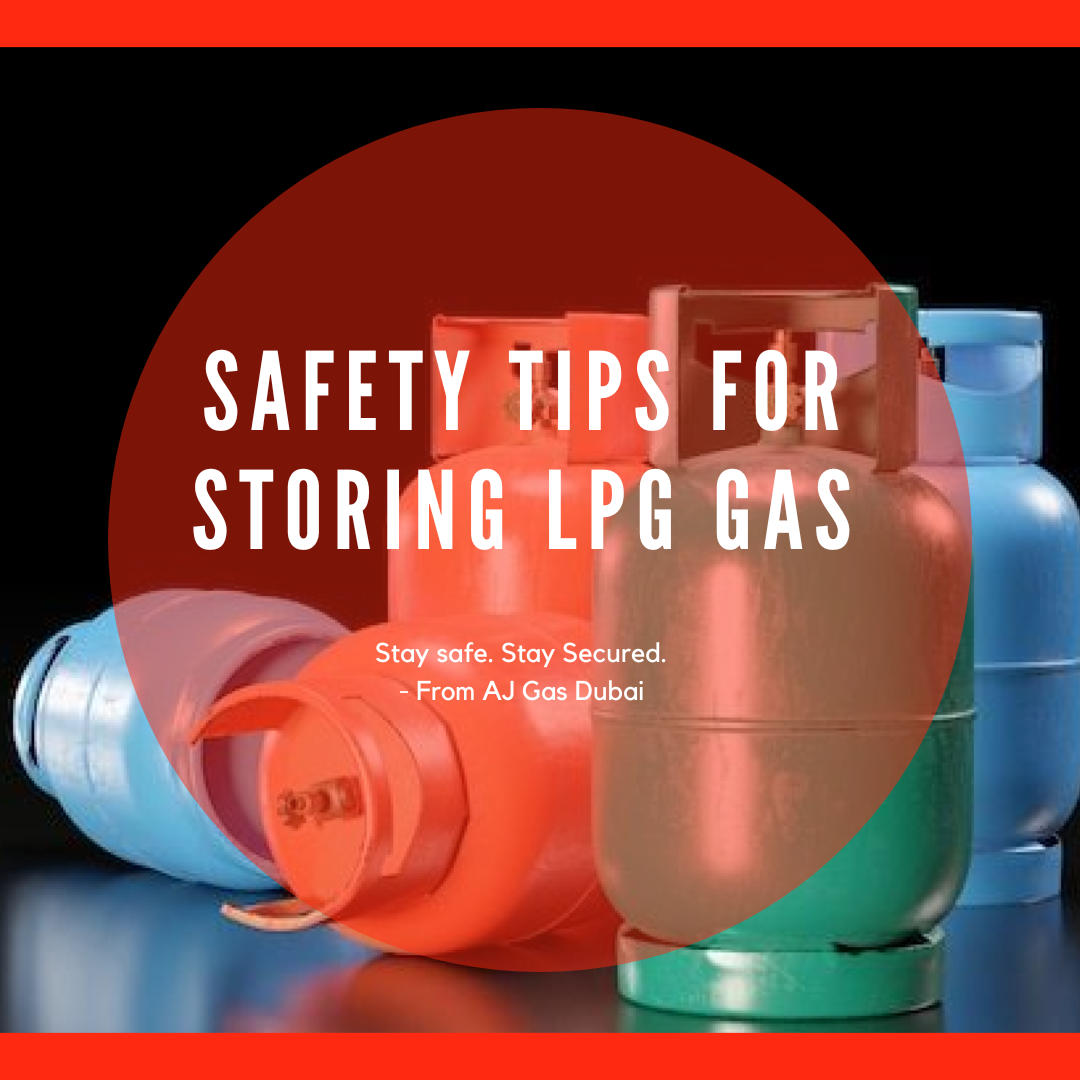Liquefied petroleum gas, or LPG, has become an essential form of energy for both residential and commercial establishments in a busy city like Dubai, where convenience meets modern lifestyle.
Following safety regulations is essential, whether you operate a business or are a household, in order to avoid disasters and guarantee the security of people and property.
What is LPG, and why is it important in residential and commercial settings in Dubai?
LPG is a highly flammable gas that needs to be handled and stored carefully. It is frequently used for cooking, heating, and powering machines. Several IPG gas companies in Dubai provide LPG to commercial and residential buildings, fulfilling the city’s expanding energy requirements.
Safety Tips for Storing LPG in Residentials–
It is crucial to store liquefied petroleum gas (LPG) in residential settings carefully to avoid incidents and guarantee the safety of the occupants. The following safety advice applies to LPG storage in residential areas:
1. Follow Local Laws:
There are rules and restrictions specific to each community regarding the storage of LPG in residential areas. The purpose of these regulations is to protect the properties and people who live there.
Understanding and complying with local regulations is crucial to avoid fines and penalties and most importantly, to prevent accidents.
Regulations address things like the separation from residential buildings, the maximum amount of space that can be stored, and safe handling and storage processes for LPG.
2. Proper Ventilation
To avoid the buildup of LPG fumes, which can be dangerous to one’s health and safety, adequate ventilation is necessary.
In order to minimize the risk of asphyxiation or fire, proper ventilation systems should be built in the storage room to guarantee that any gas leaks or fumes disappear quickly.
3. Secure Storage:
LPG tank storage or cylinders should occur outdoors in a safe space set aside for that purpose.
A well-ventilated storage location should be placed away from any potential sources of ignition, such as dangerous items, open flames, and electrical equipment.
LPG cylinders should not be kept inside or in small areas where leaks could build up and increase the risk of an explosion or fire.
4. Keep Away from Heat Sources:
The pressure within LPG cylinders can rise due to heat sources such as heaters, stoves, electrical appliances, or direct sunlight, which can cause leaks or explosions.
To maintain a safe temperature, LPG cylinders or tanks must be placed far from any heat sources and kept in cool, shady regions.
5. Use Proper Equipment:
An accident or leak can be prevented by giving LPG equipment the maintenance and attention that it needs to guarantee safe use and storage.
Use only authorised LPG cylinders, regulators, valves, and hoses made especially for homes.All LPG equipment should be regularly examined for wear, corrosion, and damage. Any compromised parts should be replaced right away.
How to safely store gas cylinders in the workplace?
Safely storing gas cylinders in the workplace is essential to prevent accidents and ensure the well-being of employees. Here are some guidelines for safely storing gas cylinders:
- Stored upright, residual liquefied gas cannot contact the cylinder valves.
- Secured by a chain or rack so they can’t fall over.
- Located away from radiant heat or anything that could cause a fire.
- Segregated so volatile and incompatible gases are not stored together.
- Labelled and tagged so staff and contractors know exactly what’s inside and that it’s been tested as safe to use.
Securing gas cylinders correctly
- The cylinder must only be used and stored in an upright position.
- Unless a cylinder is being used, make sure the protector cap is secured over the valve.
- Make sure cylinders are secured with a non-abrasive coated chain, strap, or cable that won’t scratch the cylinder, or even better a customized racking system
No Smoking Policy
To reduce the risk of fire or explosion, a strong no-smoking policy must be implemented in and around locations used for storing gas cylinders. Smoking close to gasoline cylinders can ignite vapours or gases that are burning, which can have disastrous effects. To inform staff members and guests of the no-smoking policy and the possible risks of smoking nearby, bold signs should be displayed.
CONCLUSION
Storing gas cylinders safely in the workplace and residence is vital for preventing accidents and protecting. Following guidelines can minimize risks. Regular inspections, emergency procedures, and a no-smoking policy further enhance safety. Prioritizing these measures fosters a culture of safety, ensuring a secure workplace for all.



Comments are closed